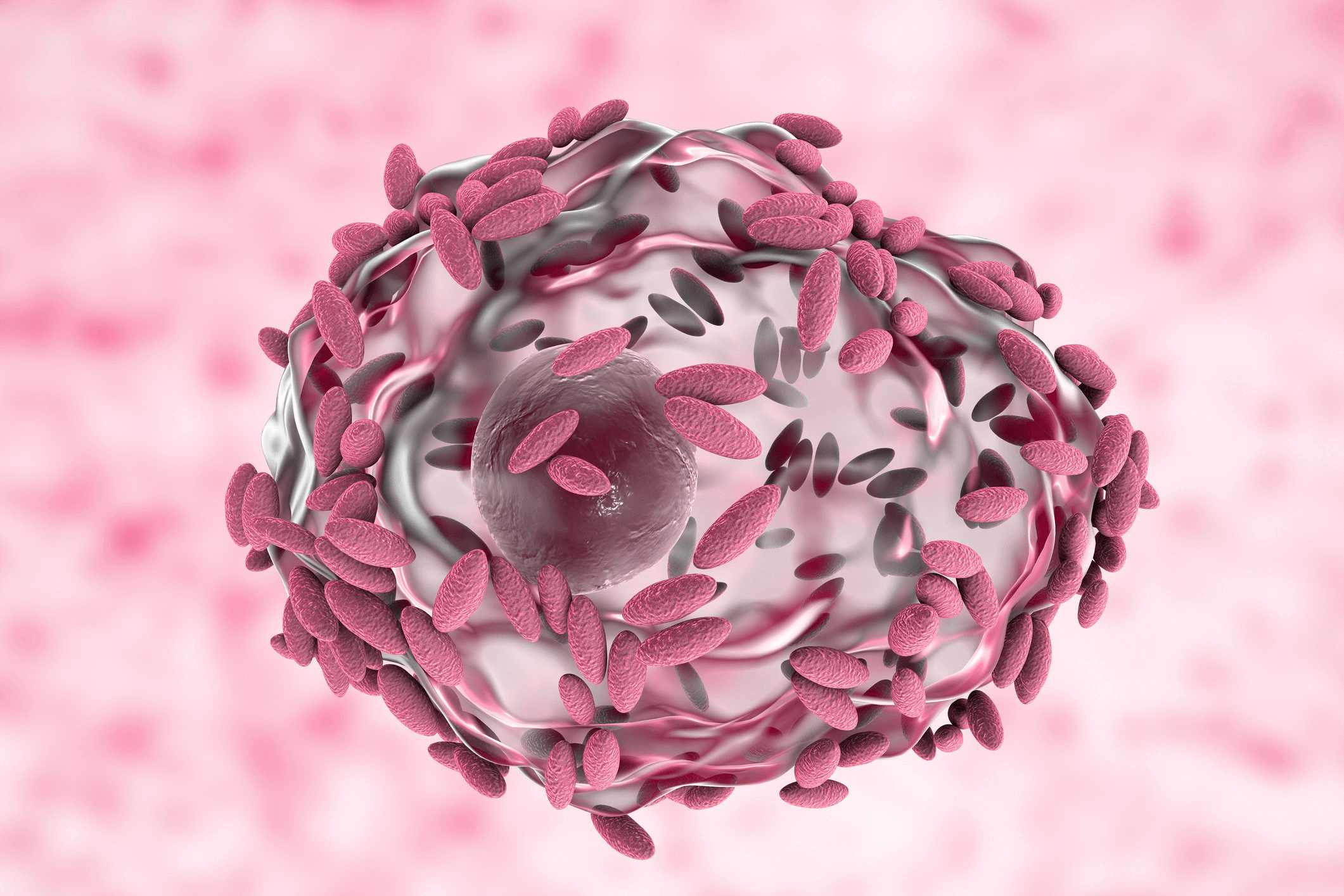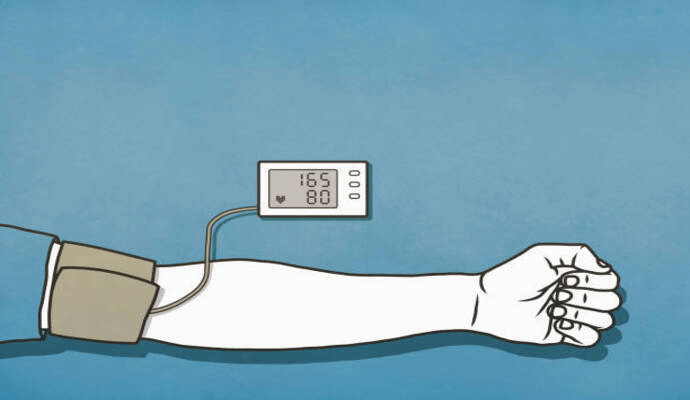Thrush and Fertility: Understanding the Connection

Many women wonder if vaginal thrush can impact their ability to conceive. The good news is that there is no evidence to suggest that thrush, a common yeast infection, directly affects fertility. However, the discomfort and irritation caused by thrush can certainly interfere with your desire for intimacy, which might indirectly impact your efforts to conceive.
Impact on Sexual Activity
While thrush is not classified as a sexually transmitted infection (STI), it can be passed to your partner during intercourse. This can lead to symptoms in your partner, such as irritation, redness, and discharge around the head of the penis. It’s advisable to refrain from sexual activity until the infection has been treated and cleared up to prevent passing it back and forth.
Seeking Treatment
Thrush is relatively easy to treat, but it’s important to confirm the diagnosis before starting any treatment. If it’s your first time experiencing thrush, it’s best to visit your GP for an accurate diagnosis. If you’ve had it before and recognize the symptoms, an over-the-counter remedy from a pharmacist may suffice.
Treatment Options
There are two primary treatment options for thrush:
- Creams and Pessaries: These include clotrimazole, econazole, or miconazole and are applied directly to the affected area. They often come with an applicator for ease of use at home.
- Oral Medications: Fluconazole or itraconazole tablets are another option, but should only be taken if you are certain you are not pregnant. These treatments may vary from a single dose to a week-long course.
If symptoms persist after completing treatment, it’s important to revisit your GP. Persistent symptoms may indicate that the thrush has not been fully treated, or you may have a different infection with similar symptoms, such as bacterial vaginosis or trichomoniasis. Proper treatment of these infections is crucial and typically does not affect your fertility.
Also read: Common Causes of Infertility
Understanding Thrush
Thrush is caused by a fungus, or yeast, called Candida albicans. This fungus is commonly present on and in our bodies, including the vagina. In most cases, it lives harmlessly and remains unnoticed. However, about 75% of women will experience thrush at some point, and half of these cases may recur.
Prevention Tips
Thrush tends to flare up when the natural balance of your vagina is disrupted, allowing Candida to multiply. To help prevent thrush, consider the following tips:
- Avoid wearing tight synthetic clothing that traps moisture.
- Choose non-scented soaps, shower gels, and bubble baths.
- Opt for unscented panty liners.
- Steer clear of perfumed products, which can disturb the delicate balance of your vaginal flora.
By following these precautions and seeking prompt treatment if thrush does occur, you can manage this common condition effectively without worrying about its impact on your fertility.
Also read: Understanding and Addressing Common Causes of Infertility






